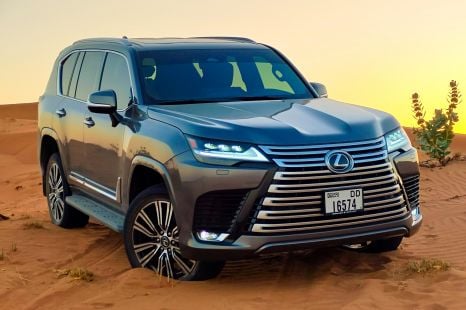

Gautam Sharma
4 Days Ago
Buoyed by the popular new Torres and a more promising future, SsangYong was back in the black in the final quarter of 2022.

Contributor
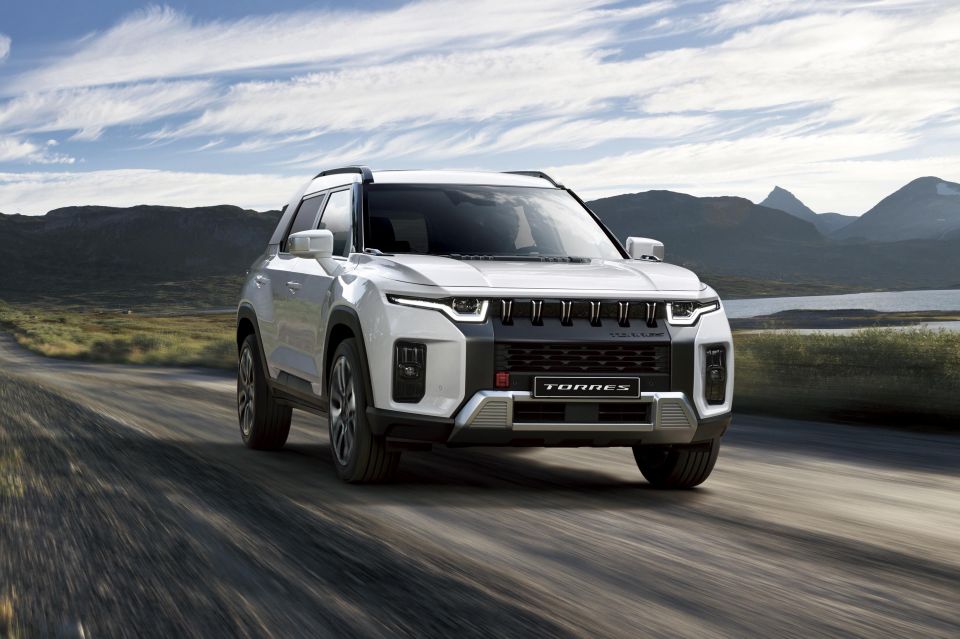

Contributor
With a more stable footing thanks to a new owner, once beleaguered SsangYong has fought back to post its first quarterly operating profit since 2016.
The automaker has bounced back, reporting to Korean media a 4.1 billion won (A$4.78 million) operating profit in the final quarter of 2022.
In the final quarter of 2021, SsangYong posted a loss of 21.3 billion won (A$24.84 million).
Operating losses also shrunk from 260.7 billion won (A$304 million) to 117.5 billion won (A$137 million), a reduction of 54.9 per cent.
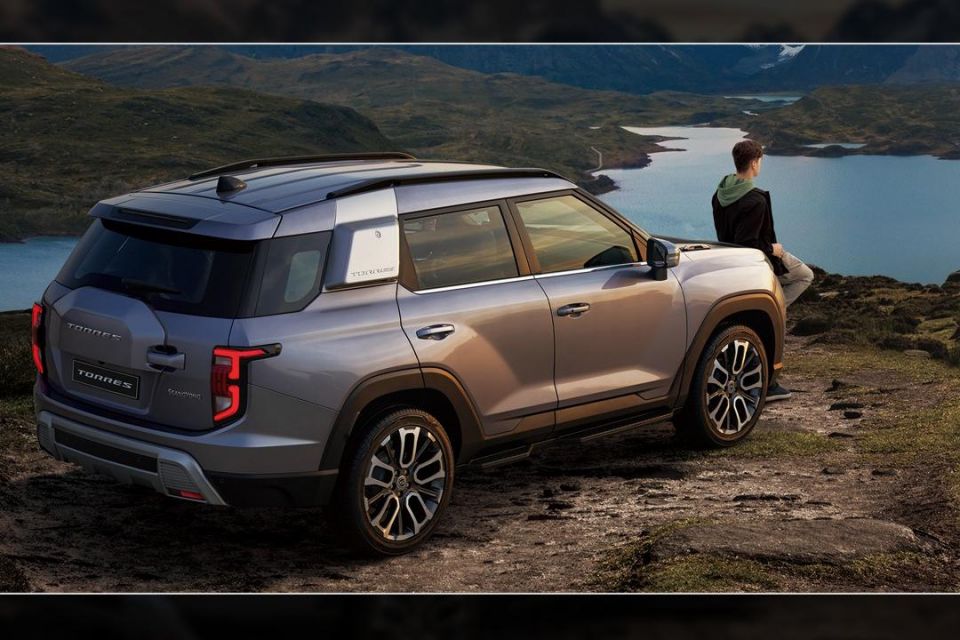
Globally, SsangYong’s sales were up 35 per cent from 84,496 to 113,960 units.
Sales in Korea were up by 50 per cent, attributed to demand for the new Torres SUV that’s set to reach Australian shores sometime this year.
SsangYong sold 11,909 Torres SUVs in the fourth quarter, making it the brand’s best-selling model in Korea.
Strong demand for the SUV has been blamed for the delay in exporting the Torres to other markets.
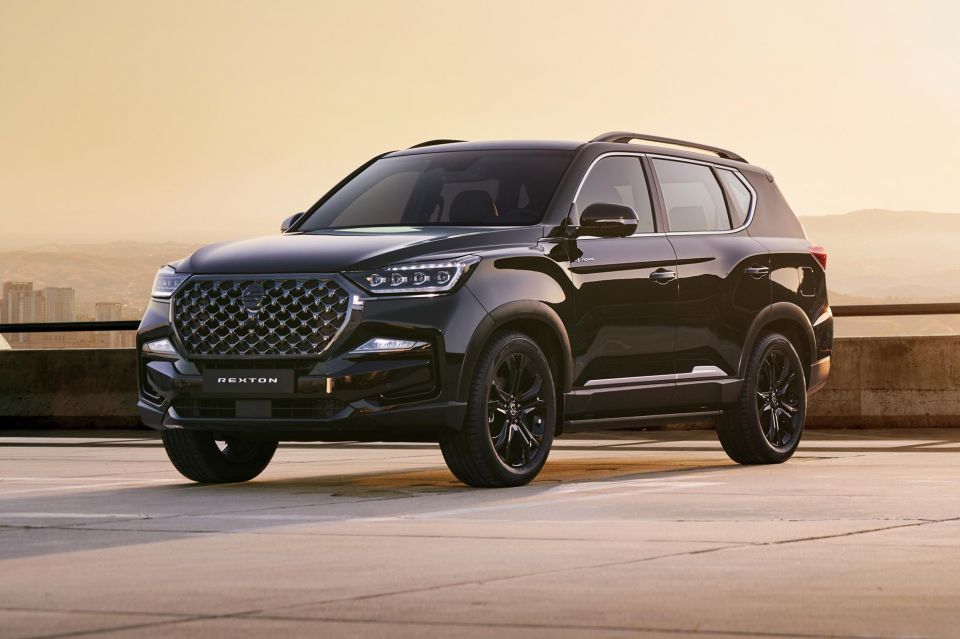
SsangYong sales were up by 32.4 per cent in 2022 to 3943 units, with the Musso up 3.9 per cent to 1956 units, the related Rexton SUV soaring 97.7 per cent to 1467 sales, and the Korando up 47.3 per cent to 520 sales.
With its acquisition by KG Group, SsangYong is set to be renamed to KG Mobility pending board approval.
“We have decided to go for a new name to fully utilise the strength of SsangYong Motor,” said SsangYong and KG Group chairman Kwak Jae-sun.
“Under the name of SsangYong, the company has a fandom but also has a painful image.
“The new cars will come out as KG, but its car-making history will never change and have the same conditions.”
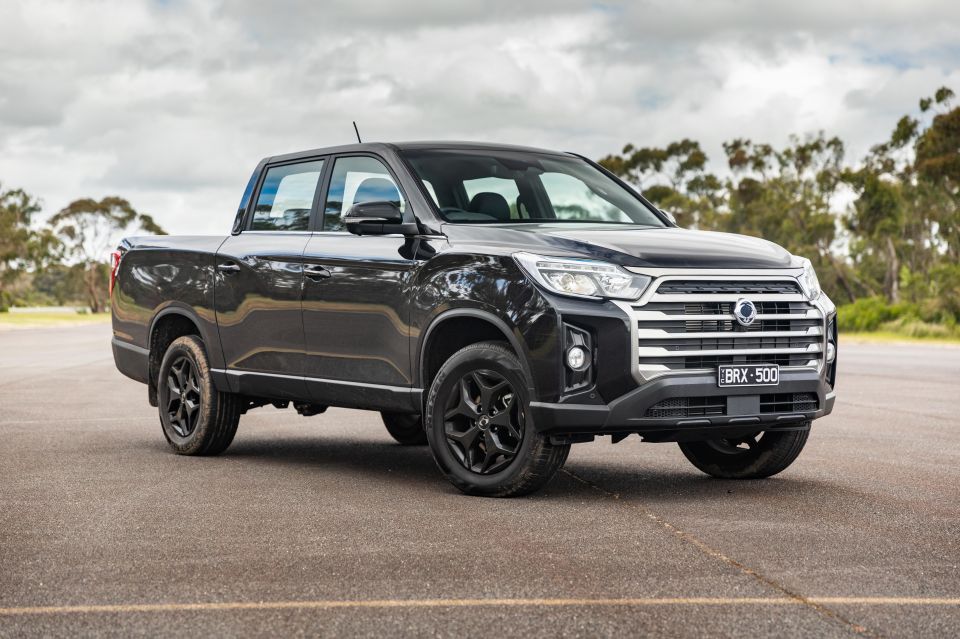
SsangYong has had a troubled past, changing hands multiple times before Mahindra & Mahindra picked it up in 2011.
Acquired by Daewoo in 1997, its new corporate parent then ran into financial troubles and was forced to offload SsangYong in 2000.
In 2004, SAIC Motor acquired 51 per cent but walked away in 2009, which saw Ssangyong go into receivership.
Mahindra & Mahindra adopted SsangYong in 2011, acquiring a controlling stake of 70 per cent for 523 billion won. But it, too, walked away in 2020, leaving SsangYong in receivership and searching for a new owner.
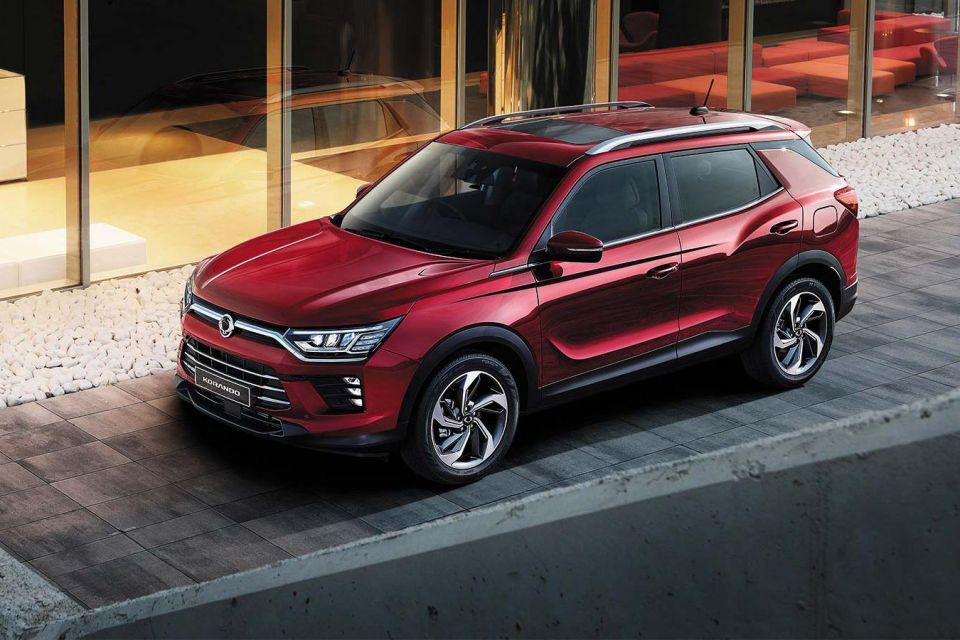
After a turbulent bidding process to regain ownership, including initial bidder Edison Motors’ inability to front its successful bid, a consortium led by KG Group paid an amount three times higher to acquire a controlling 62 per cent stake in the company.
In August 2022, the Seoul Bankruptcy Court approved KG’s rescue plan.
This isn’t the first time KG Group and SsangYong have worked together. KG Steel, part of the KG Group, supplied steel to the automaker for its vehicles previously.
Take advantage of Australia's BIGGEST new car website to find a great deal on a SsangYong.
Jade Credentino is an automotive journalist currently based in Melbourne, Australia. Jade has had a chance to review a variety of vehicles and particularly enjoys SUVs. She enjoys traveling and going on road trips exploring Australia.


Gautam Sharma
4 Days Ago
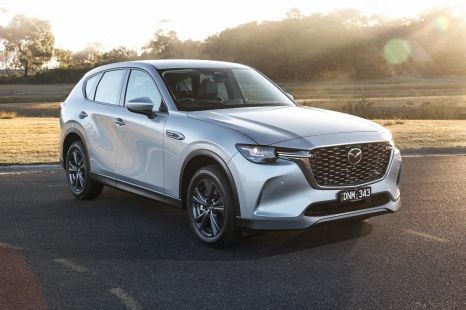

Josh Nevett
3 Days Ago
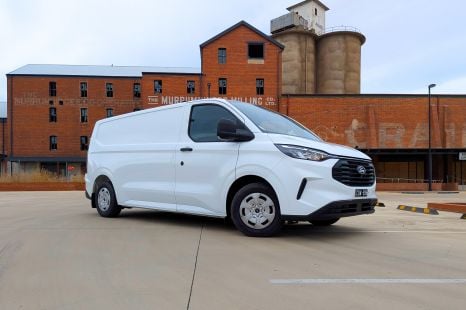

William Stopford
2 Days Ago
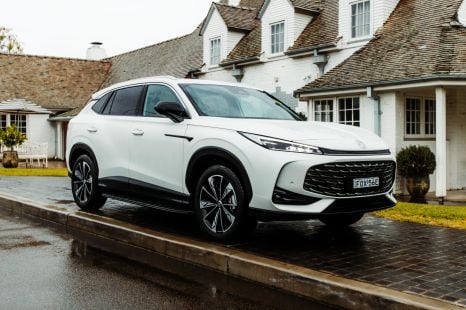

James Wong
21 Hours Ago
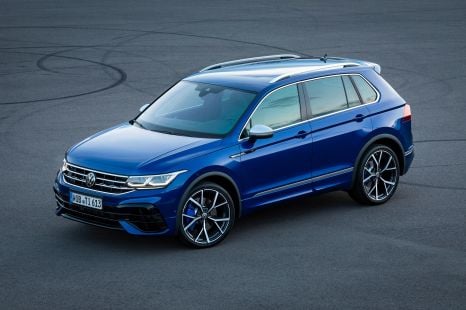

James Wong
19 Hours Ago
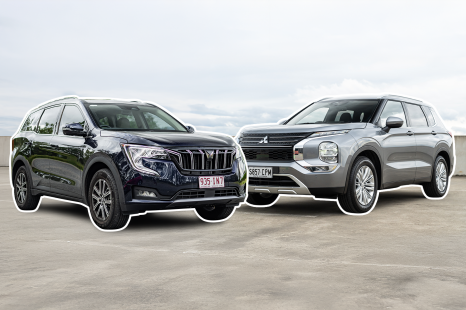

Andrew Maclean
10 Hours Ago